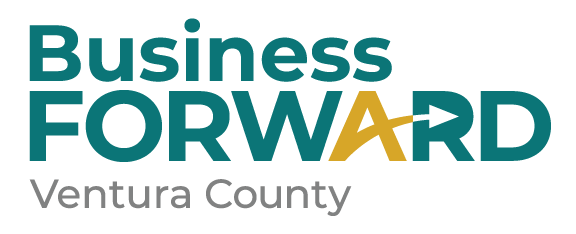
Debunking 5 Untruths About Your Small Business Tax Return
Nobody’s saying that small business tax filing is always a breeze, but there are myths about the process that scare people for no reason at all. If you’re filing for the first time, it’s always best to avoid panicking over such falsehoods. Here’s the truth about common small business tax filing myths.
-
Home Office Tax Deduction Attracts an IRS Audit
Before the proliferation of computers, fewer people had a home office. For that reason, deducting expenses like computers back then would attract the attention of the IRS. Some small business owners who work from home today avoid the deduction under the impression that it would appear like tax evasion to the IRS.
However, a home office deduction in this digital age makes sense and won’t automatically trigger an IRS audit of your tax returns. The IRS recognizes and has made a provision for it. Just keep your deduction reasonable and genuine to avoid problems with tax authorities. -
You Can Deduct Start-up Expenses Immediately
Contrary to misconception, the IRS doesn’t always allow deduction of all startup costs at once. You can only deduct organizational and startup costs of up to $5,000 right away. If hidden costs and expenses like licenses, rent, and office equipment exceed $50,000, the IRS reduces your deduction. Any excess costs have to be amortized.
-
You Can Delay Paying Taxes When You Get a Tax Extension
If you get a tax extension, it means you may push back your small business tax filing date. Nonetheless, you can’t delay making your payments without risking IRS penalties and interests. Be sure to use IRS extensions if you’ll be unable to file your taxes on time. This way, you won’t miss out on any credits for your tax refunds. Sole proprietors can file for extensions through Form 4868, while corporations use Form 7004.
-
Small Businesses Aren’t Eligible for Tax Credits
Any business that offers employer-sponsored health insurance qualifies for tax credits on the cost of premiums. Unlike large corporations, small businesses with fewer than 50 employees don’t have to provide this coverage as required by the Affordable Care Act (ACA). However, you may be eligible for the Small Business Health Care Tax Credit if you provide employer-sponsored health coverage. Eligibility requirements include:
- Must provide the coverage via the SHOP Marketplace
- Employ fewer than 25 full-time workers
- Have under $50,000 in annual payroll costs
- Pay 50% or more of employee coverage costs
-
A Big Tax Refund Is Always Welcome
Another myth you might encounter around the small business tax filing season is that receiving a massive tax refund is always good. Of course, a huge refund is your hard-earned money, but it may also indicate that you aren’t getting your tax estimates right. Your small businesses would be much healthier financially when it’s not lending money to the government without accruing any interest all year. While a deserved tax refund is welcome, you should always seek to pay only what you owe the IRS. The extra funds can boost your cash flow, or you could invest them to grow your small business.
Filing Your Small Business Tax Returns
There’s a chance that you haven’t experienced any misinformation about small business tax filing procedures first-hand. Still, getting it right can be tricky sometimes as it involves properly organizing your financial information and accurately filling the tax forms. Be sure to consult a tax accountant for professional help if necessary.
Also Read: How Qualifying Taxpayers Can Prepare Their Tax Returns
Do you need professional help building your company from the ground up? At Business Forward Ventura County, we provide extensive resources to help nurture business ideas and start-ups locally and nationwide. Contact us today for help taking your business plan to the next level.
What can we help you find?
More News from Business Forward
eNews Signup
Stay up to date on new developments, business opportunities and resources.
